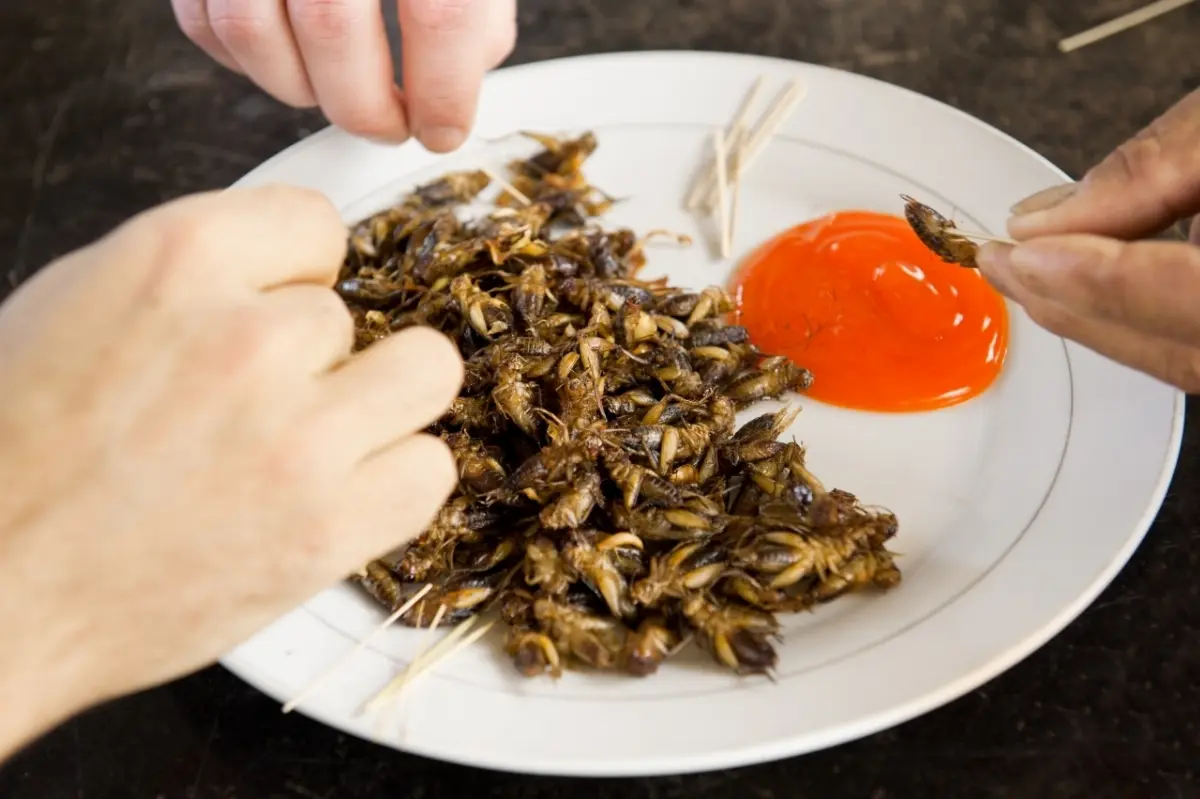
Do you want to access to this and other private contents?
Log in if you are a subscriber or click here to request service
Bugs? Young people like them but not women
Entomophagy is more accepted in countries such as Mexico and China, much less so in Europe (Italy and Belgium foremost)

Potential insect consumers tend to be young and male. This is the finding of a study published in the journal Plos One and conducted by the Universities of Pisa, Parma, Ghent in Belgium, Cornell in the United States and Nanjing in China. The research was conducted through a survey conducted in February and March 2022, among a sample of about 3,000 people located in five different countries (Belgium,...
fc - 29047
EFA News - European Food Agency
EFA News - European Food Agency